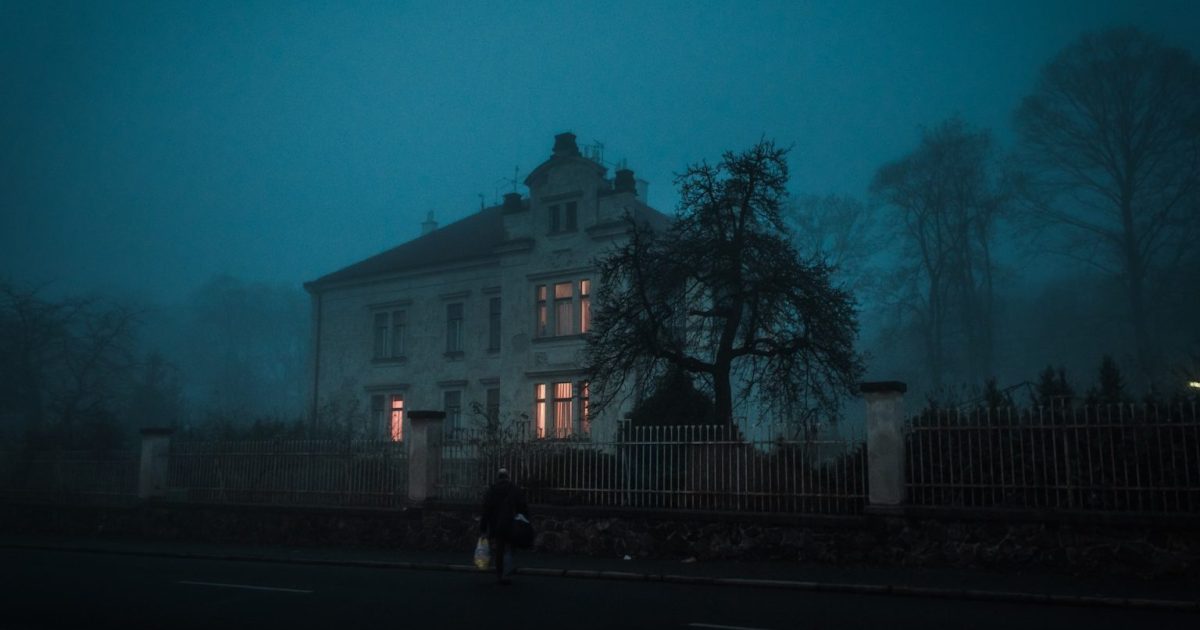deleted by creator
Everybody should take the time to go through the work of the research done in the late 19th and early 20th century, when there was a real sense of being able to break the taboo on the subject. It was the time of spiritism, with mediums receiving world wide fame. The problems that mediums presented to the scientific worldview of an objective measurable predictable reality was reaching crisis levels. The dissention was palpable, where many big names in science were determined to solve this once and for all. While through such determination found themselves on the side of spiritism, and became fervent proponents.
Alfred Russel Wallace, who cowrote the paper that made Darwin famous, made himself a pariah. He wrote already in 1870’s the exact problem with the approach that articles like OP’s take.
“… scientific men almost invariably assume that in this inquiry they should be permitted at the very outset to impose conditions; and if, under such conditions, nothing happens, they consider it a proof of imposture or delusion.”
Sure, you can do an experiment where you control electromagnetic radiation, mold spores, etc. And under those conditions conclude that what is happening is merely some psychological self delusion. But it is an extremely obvious mistake, I hope, to assume it as an explanation for the rich and varied phenomena that are in need of explanation.
Apparently not. Even when this is such a self-evident scientific dead end, that I cannot draw any other conclusion that the self proclaimed skeptics are a just group circlejerk.
In order to explain something you have to first define what you are explaining, and skeptics only job in life is to explain delusion and trickery. Because they have defined the phenomena as such. This is, always has been, an a priori stance. It has zero to do with explaining anything real. And when I say this to them, they usually agree. They get this confidence because they won the culture war at the beginning of the 20th century.
The scientific facts persist, human experiences persist, and so they persist in claiming it all to be delusion and trickery.
I think you’re misunderstanding what role skepticism plays here, but I’m curious. What’s one thing/event/whatever that you think could prove to anyone that the supernatural or however you want to call it exists?
Not skepticism in a broad sense, I mean skeptics. Every scientist should have skepticism. But you don’t call a scientist a skeptic. Neither do we call people that deny scientific facts, like flat earthers or young earth creationist, skeptics. No, skeptics are a category of people who defend the status quo in science, mostly adhere to scientism and metaphysical naturalism.
And one thing that could prove something to anyone is personal experience. I forgot who said it but the saying went something like ‘denying ones own experience is like standing with one foot in the nuthouse’ .
But that’s not actually science or has anything to do with formulating a cohesive explanation of the phenomenon. But if you want proof, that’s the only way to have the certainty of knowing. For the rest of us it’s just guesswork. And for us, suddenly, things get a lot more complicated. How do I proof to you what I’m experiencing is real? Literally impossible.
And the skeptics make use of this problem by asserting that all paranormal experience aren’t real, a priori. Why? Because of the problems that arise for their worldview (which is the truth of the current status quo in science from the perspective of metaphysical naturalism). Paranormal facts don’t fit with their facts. And so it is relegated to the land of illusion where all consciousness is (again, in their worldview). From their perspective consciousness is (can only be) a product of brain function, and as such can not exist outside of it in itself.
And so, paranormal experiences like seeing your deceased relative on your bedside (very common occurrence) can not actually be a conscious being present in the room with you.
Even when people describe it as such, interact with that being, feel awake, and couldn’t tell the difference between deceased or alive. In some cases receive information that they couldn’t know from such beings, or record them, interact with their surroundings, etc. It’s all considered trickery and delusion.
And if you wish to unpack it further, the roots of this lay in the seperation between church and science, from the enlightenment period. So the problem is more that proving the supernatural is like convincing an atheist to reinvent the basis for atheism as we learned to be atheist. Which is the strict removal of the causal influence of will on matter.
As such, one single piece of proof is but a blip on the radar. And the people asking for it know this. One thing is easily dismissed even were it interesting. We need a consensus and we don’t have that. The closest thing is the continous interest in the subject and the continued research, to this day. Dr. Judy Beischel still researches mediums at the windbridge institute, for example. And some of the mediums hit 90% accuracy over a hundred questions. I strongly suggest actually listening to some of her talks and reading the research.


